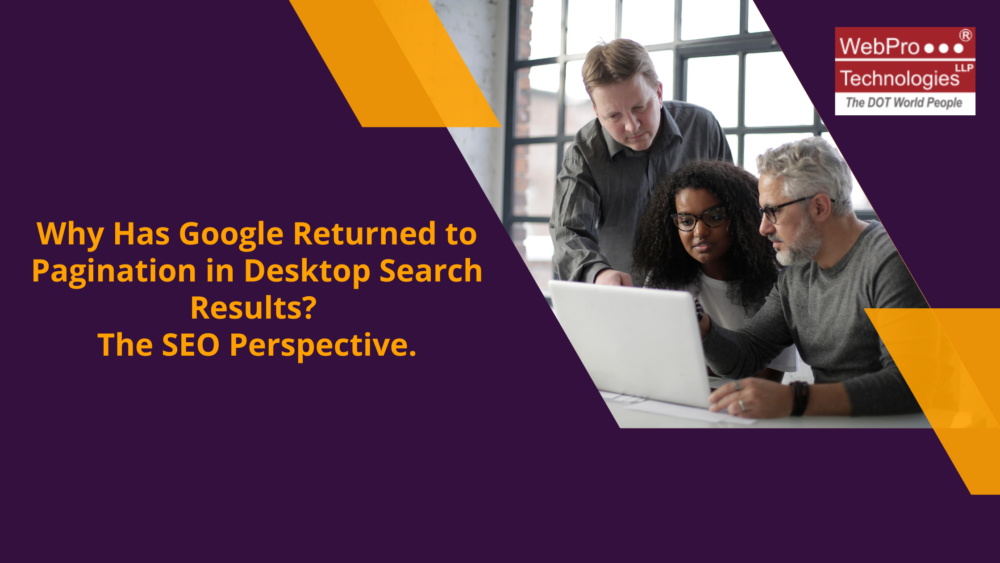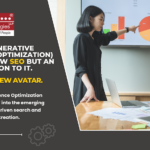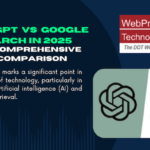As this reverting back to pagination has come at a time when Google is experimenting with AI Overview, it's plausible that discontinuing continuous scrolling could be part of a broader strategy to promote Google's AI Overview. AI Overview, which leverages AI to provide more comprehensive answers directly on the search results page, aligns with Google's broader goal of keeping users within its ecosystem longer and enhancing ad revenue.
By placing the organic search results after the AI overview results and requiring users to click "Next" to see more, Google may be creating a scenario where the AI Overview results become more prominent and receive more attention.
This can be a concern for the SEOs as the organic search results may not get the necessary attention from the users. Though this could be a speculation from my side but we as SEOs need to think from the organic results display perspective. As the content from all the websites we optimize may not get pulled for the AI Overview results.
The move could be a strategic way to adapt to changing user behavior and preferences. As users increasingly expect quick and direct answers, the integration of AI-generated responses at the top of search results may provide a more seamless and satisfactory search experience, aligning with Google's vision of transforming search into a more interactive and dynamic process.
This would also give Google more control over the information users see first, potentially integrating more of its own ads and services within these AI generated results.
This strategy also aligns with concerns from the search marketing community, which suggests that Google's changes are geared toward prioritizing its own content and products over organic results.
Here’s how the discontinuation of continuous scroll might be linked to promoting AI Overview:
Promotion of AI Overview Features
AI Overview is designed to provide summarized, AI-generated answers at the top of the search results. By removing continuous scroll, Google might be trying to achieve several goals related to AI OVERVIEW:
- Highlighting AI Overview Responses: Users are more likely to see and engage with AI Overview features when there are fewer results to scroll through. The traditional pagination or “Next” button might push users to engage more with the content provided by AI Overview. As users trust the first page results more than in the consecutive pages.
- Encouraging Immediate Engagement: Continuous scroll made people scroll further. Hence results on the second and third page also got some clicks. With Pagination the probability of going to the second and third page reduces drastically. AI Overview keeps users on the first page longer and encourages them to interact with the AI Overview features that appear at the top of the search results.
Increased Focus on Paid Ads and Google Properties
With continuous scrolling, users could easily navigate through multiple pages of search results, which also meant more opportunities for organic listings to appear. By reverting to pagination, Google is essentially pushing users to interact more with the first page of search results, which is where ads and Google’s own properties are prominently displayed. This could lead to:
- More Ad Impressions: Users will see Google Ads more frequently as they click through the first page, potentially increasing ad revenue.
- Enhanced Visibility for Google Properties: Google’s own services, such as Google Maps, Google Shopping, or Google News, are often featured in the top results. A focus on fewer pages might give these services more visibility.
Strategic Testing and Optimization of AI OVERVIEW
User Data For Refinement of AI Models
As pagination will increase engagement on the first page, this data from the first page interactions can be used to train and enhance the AI models that power AI Overview. As the AI models still need more data to increase their accuracy and efficiency of the AI results.
Competitive Positioning and Market Strategy
Dominance in Search Market
Google’s changes can also be seen as a strategic move to maintain and enhance its dominance in the search market. By focusing on delivering high-quality, AI-generated responses, Google can differentiate itself from competitors who may rely more on traditional search methods.
Conclusion
Google’s decision to discontinue continuous scrolling is multifaceted. While officially aimed at improving speed and user satisfaction, it also strategically aligns with promoting AI Overview features, enhancing ad revenue, and refining user experience. By concentrating user interactions on the first page, Google can better highlight AI Overview responses, gather more precise data for optimization, and strengthen its competitive position in the search market.
What I am trying to emphasize here is that SEO will never be the same again. SEO’s need to also work on getting the website relevant content to be shown in the AI overview results.
As users will click AI Overview results more than traditional SERP rankings, AI Overview content will become the new focus for SEO efforts.
Key takeaways: (Food For Thought)
- Google's changes are geared toward prioritizing its own content and products over organic results.
- Gradually, I assume such AI overview results and Google Ads will occupy the main real estate of the search results page.
- As users usually consider the first page results to be more trustworthy. The traditional pagination or “Next” button might push users to engage more with the content provided by AI Overview and the results on the first page.
- The users will surely benefit from the AI overview results as they will get customized search results as per their preferences. This will be beneficial only if the AI model is capable of generating content from reputed and authorized sites.
- One silver lining for the SEO world is that black hat techniques will take a back seat as authority can only be earned not spammed.
- SEO is growing more technical. While on-page SEO sets a strong foundation, flawless technical SEO is crucial for being featured in AI overviews.
- Every change Google makes to search results impacts the SEO industry. Understanding these changes and preparing for their implications is crucial. This is achievable only by comprehending the rationale behind every move that Google makes regarding search algorithms and search results display.






